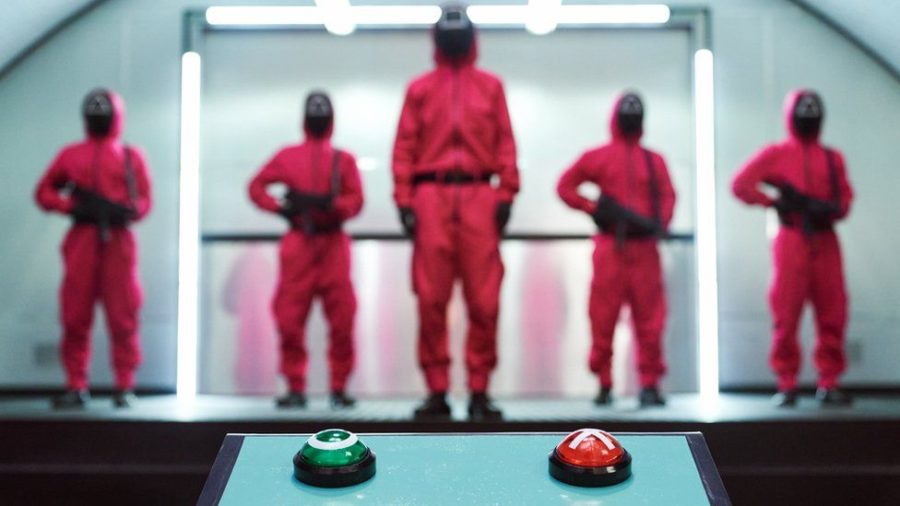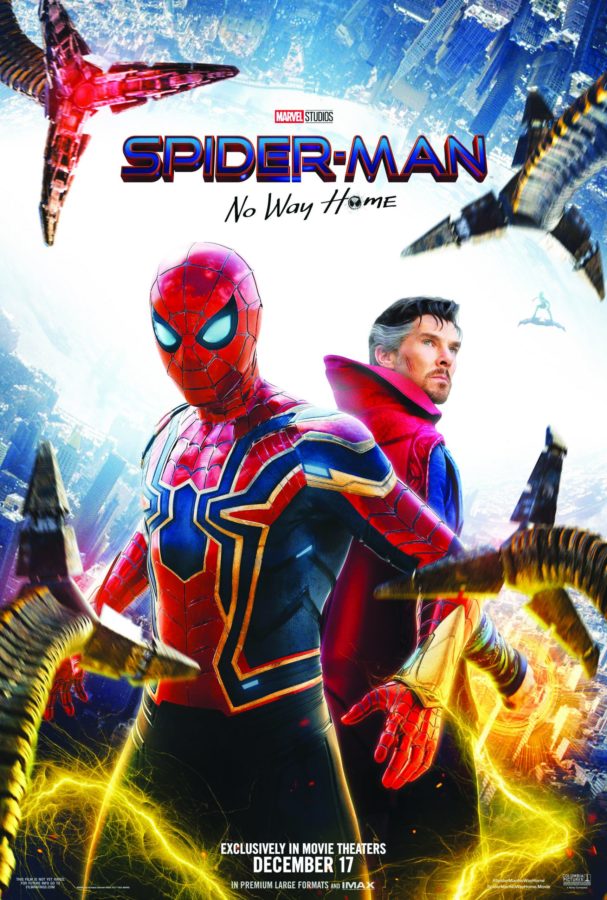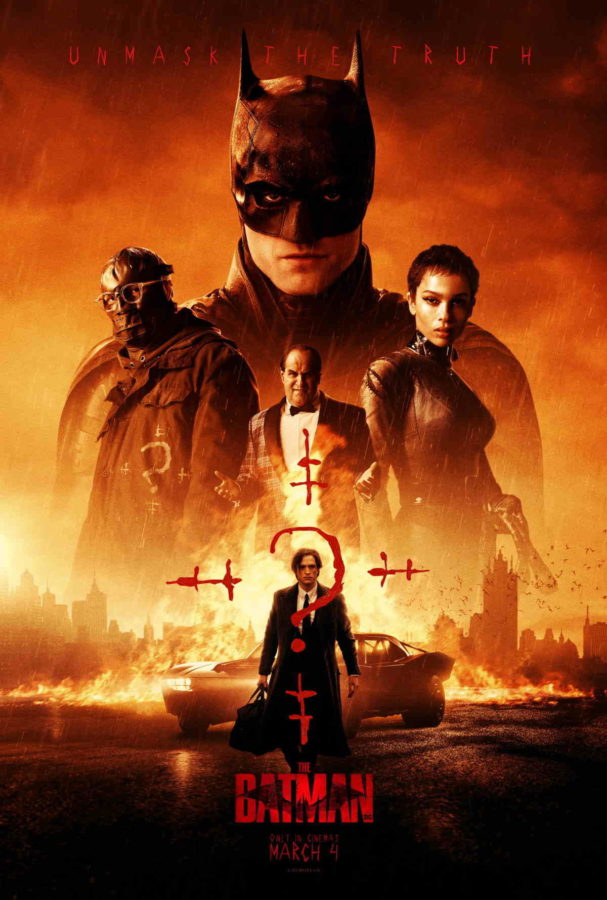The Korean drama ‘Squid Game’, first released Sept. 17, has quickly become one of the most popular shows Netflix has ever produced. Though at first seeming like a standard, if stylish, entry in the survival horror genre, ‘Squid Game’s’ tight execution and explicit commentary gives the show a unique bite.
Set in modern day South Korea, the titular Squid Game is a competition where hundreds of competitors, desperate to pay off incredibly expensive loans or debts, must survive deadly versions of popular children’s games like “Red Light, Green Light” or “Tug-O-War” for cash.
Though most of the series follows protagonist Seong Gi-hun (Lee Jung-jae), a well meaning gambler, it still manages to take time to humanize a good chunk of the other competitors. Even more minor characters like conwoman Han Mi-nyeo (Kim Joo-ryoung) and doctor Byeong-gi (Yoo Sung-joo) are given time to shine as the series goes on. Some of the standouts of the main cast include Park Hae-soo as the ruthlessly practical businessman Cho Sang-woo, Jung Ho-yeon as the icy North Korean defector Kang Sae-byeok and Anupam Tripathi as the kind Pakistani-born worker Abdul Ali.
Aside from its excellent performing cast, ‘Squid Game’ has also garnered widespread praise for its striking visuals. A lot of the show is built around the most basic shapes of the Hangul for “squid” — a circle, a triangle and a square — and bright colors, especially teals and pinks. These design considerations not only make the show pop, but help to better contrast the childish nature of the games with the brutal deaths they cause. I would also like to give a shout out here to composer Jung Jae-il for the show’s soundtrack, as he somehow managed to make a recorder sound menacing.
‘Squid Game’ is the latest in a widely popular survival horror subgenre known as the “killing game”. ‘Battle Royale’, which sees a group of high schoolers fight to the death on a deserted island, remains one of the most popular Japanese horror films ever made. ‘The Hunger Games’, which features a killing competition with significant financial rewards, has been credited with single-handedly repopularizing the YA dystopian novel.
However, ‘Squid Game’ still manages to keep a unique identity within said subgenre due to its explicit social commentary. Though social problems are definitely a large part in stories like ‘Battle Royale’ and ‘The Hunger Games’, they also tend to allude to those problems a lot more by, say, setting the story in a dystopian future.
But ‘Squid Game’ is set in the contemporary world, and is not afraid to engage with its problems or criticize its socioeconomic systems. This is especially the case whenever the show breaks from genre conventions.
For example, most “killing game” stories find some way to trap its characters within the competition, making it so they physically cannot leave without risking death. This is not the case in ‘Squid Game’. Very early on, we learn there is a rule in place that, if more than half of the players vote to end the game, it will end without consequence. The prize money would instead be distributed out to the deceased players’ families, with everyone else otherwise able to return to their normal lives.
But, for a majority of the players, said normal lives are nightmares in their own right. They’re constantly hounded by tax collectors, loan sharks and police officers. Their equally impoverished family members are on the verge of financial ruin. The cost of living keeps rising, but their wages do not, making it hard to get their hands on even the cheapest gas station foods.
The main creators, or “V.I.Ps”, of the Squid Game — a group of bored, bloodthirsty rich men — specifically designed the competition to prey on the economic insecurities of its competitors. And the main tragedy of ‘Squid Game’ is that…it works. Even when they vote to end the game in episode two, 93% of players are back by episode three.
I personally found the commentary aspect of ‘Squid Game’ to be its most compelling part, and, on a thematic level, I was really satisfied with its progression and ending. This also, admittedly, does make me wary of talks about a potential second season, especially if they decide to expand on their puzzling picks for the game’s masterminds.
But, if ‘Squid Game’ does end up returning, I will absolutely tune in. This show is more than its visuals, and I really enjoyed watching it from beginning to end.











































